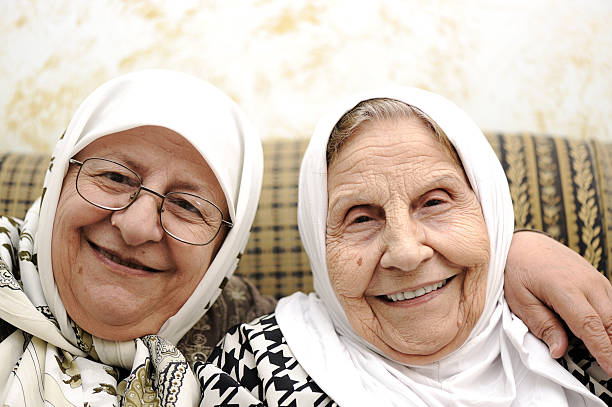On the 13th of February 2023, The United Nations Regional Commissions held a side event for the 61st Session of the Commission for Social Development, titled “Leaving No One Behind at the Regional Level: Adopting an Age-Sensitive Lens to Policy Making”. The session included representations from across the globe. The session aimed to identify challenges and achievements in developing and revising age-sensitive policies and highlight opportunities for cross-regional learning.
At the session, Professor Shereen Hussein discussed the situation in the West Asia Region, which included many Arab and Middle Eastern countries. First, Professor Hussein highlighted the fast pace of ageing in the Arab States’ region, noting the heterogenous experience across countries. Next, she focused on the region’s underdeveloped long-term care (LTC) markets, which require expansion. Finally, Professor Hussein presented two case studies from Egypt and Saudi Arabia to ground the discussion and offer concrete evidence of how developing LTC markets can benefit stakeholders. She also spoke about the importance of mainstreaming ageing by creating an ecosystem that empowers older persons, ensuring access to education, employment, and other opportunities.
Watch Professor Hussein’s presentation and discussion:
Access Professor Hussein’s presentation:
SHussein-presentationThe event also included presentations and discussions from Dr Mary Ann Tseo, Chairperson, Tsao Foundation, Singapore, who discussed the situation in the Asian Pacific region; Professor Veronica Montes-de-Oca, Researcher of the Social Research Institute, National Autonomous University of Mexico, presenting on Latin America; Mr Martin Amberger, Vice-Chair of the UNECE Standing Working Group on Ageing and Ms Lisa Warth, Senior Social Affairs Officer and Chief, Population Unit, ECE, who shared data and experience from Europe.
Dr Sara Salman, Population Affairs Officer, ESCWA, explained the efforts played by the regional Commissions to build region-specific knowledge products, provide advisory services and capacity building for member States, foster collaboration, and support UN age-related agendas such as the 2030 Agenda, ICPD, and the UN Decade of Healthy Ageing.
Dr Sabine Henning, Chief, Sustainable Demographic Transition Section, ESCAP, explained some of to work done with member States in Asia and the Pacific to assess the situation of older people, including drafting national decrees, laws, policies, action plans and monitoring frameworks.
The session was moderated by Dr Srinivas Teta, Director of Social Development Division, ESCAP. He noted that while the regions represented are diverse, their similarities regarding ageing challenges and opportunities are remarkable.
Please click here for further details on the event and to access other presentations.
Founder and Director
Shereen Husseinis a Health and Social Care Policy professor at the London School of Hygiene and Tropical Medicine (LSHTM), United Kingdom.
Shereen Founded the MENARAH Network in 2019, through an initial grant from the Global Challenge Research Fund, UKRI. She is a medical demographer with expertise in ageing, family dynamics, migration and long-term care systems. Shereen regularly collaborates with the United Nations, the World Health Organisation and the World Bank in policy and research focused on ageing in the Middle East and North Africa Region.
Shereen received her undergraduate degree in statistics and a postgraduate degree in computer science at Cairo University. She completed an MSc in medical demography at the London School of Hygiene and a PhD in quantitative demography and population studies at the London School of Economics and Political Science, United Kingdom.



